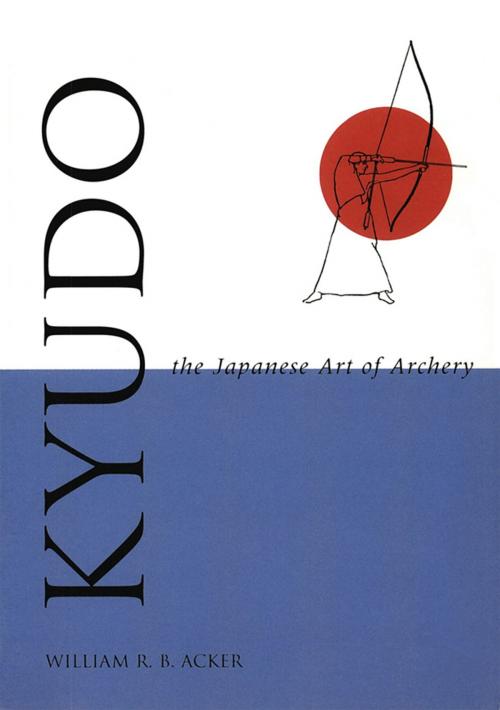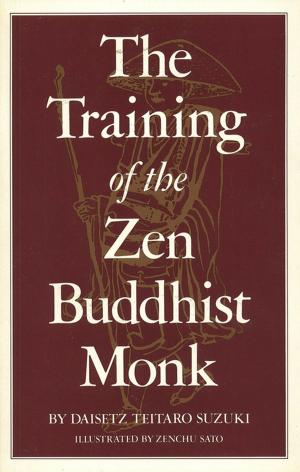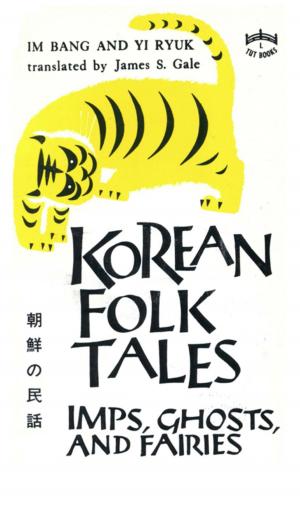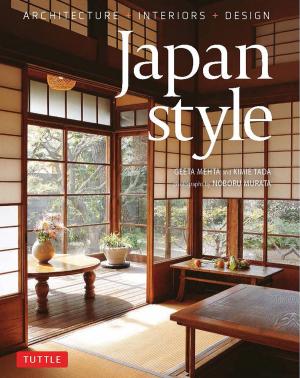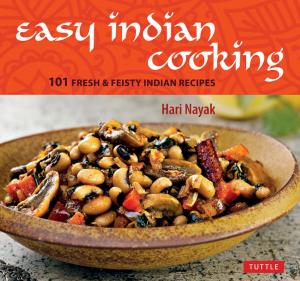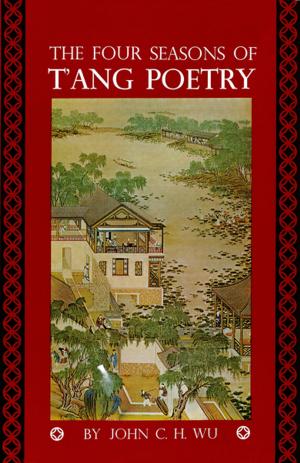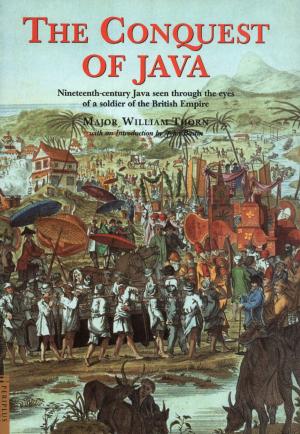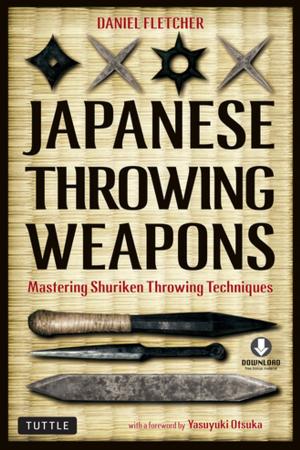Kyudo The Japanese Art of Archery
Nonfiction, Sports, Individual Sports, Archery, History, Asian, Japan, Martial Arts & Self Defence| Author: | William Acker | ISBN: | 9781462900329 |
| Publisher: | Tuttle Publishing | Publication: | June 7, 2011 |
| Imprint: | Tuttle Publishing | Language: | English |
| Author: | William Acker |
| ISBN: | 9781462900329 |
| Publisher: | Tuttle Publishing |
| Publication: | June 7, 2011 |
| Imprint: | Tuttle Publishing |
| Language: | English |
Learn the ancient art of Japanese archery or Kyudo with this illustrated guide.
The Japanese Art of Archery, is deeply rooted in tradition. It not only continues to enjoy widespread popularity in Japan, but is also attracting the interest of more and more foreigners, in much the same manner as Japan's other distinctive sports, such as judo, sumo, kendo, and karate. Kyudo: The Japanese Art of Archery offers a concise description of kyudo by an ardent American enthusiast, describing the aims, the techniques, and the philosophic basis of its ceremonial aspect, which is strongly influenced by Zen philosophy.
Carefully illustrated, this is a practical text, giving all of the necessary fundamentals. The author clearly describes the basic difference between American and Japanese archery. He points out the superior neatness and schematic beauty of the Oriental full draw, in which the chest is fully extended and the shoulders are thrust as far apart as possible, inasmuch as the string is drawn to a point well back, as was done in the old English archery of Roger Ascham’s time.
Learn the ancient art of Japanese archery or Kyudo with this illustrated guide.
The Japanese Art of Archery, is deeply rooted in tradition. It not only continues to enjoy widespread popularity in Japan, but is also attracting the interest of more and more foreigners, in much the same manner as Japan's other distinctive sports, such as judo, sumo, kendo, and karate. Kyudo: The Japanese Art of Archery offers a concise description of kyudo by an ardent American enthusiast, describing the aims, the techniques, and the philosophic basis of its ceremonial aspect, which is strongly influenced by Zen philosophy.
Carefully illustrated, this is a practical text, giving all of the necessary fundamentals. The author clearly describes the basic difference between American and Japanese archery. He points out the superior neatness and schematic beauty of the Oriental full draw, in which the chest is fully extended and the shoulders are thrust as far apart as possible, inasmuch as the string is drawn to a point well back, as was done in the old English archery of Roger Ascham’s time.
